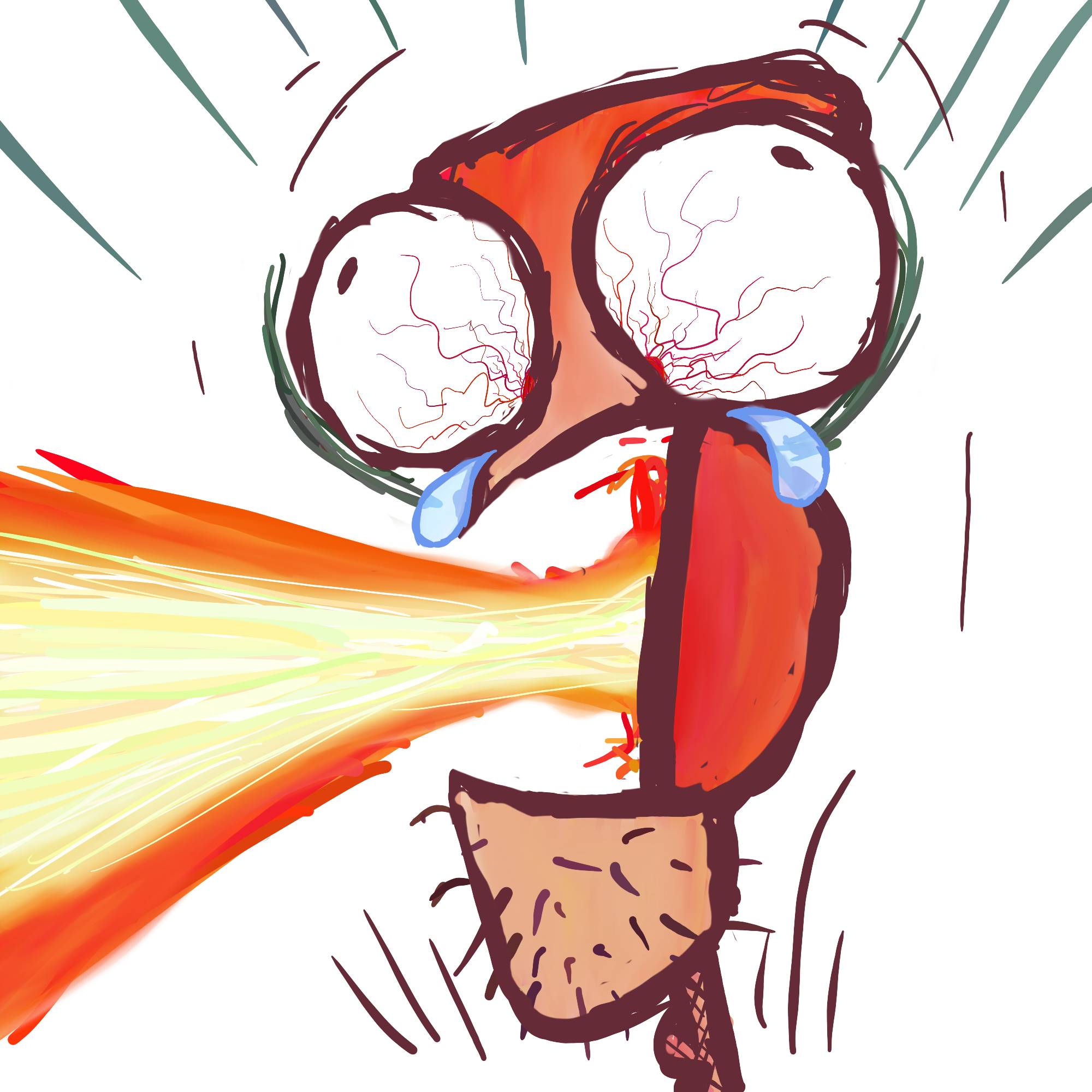Sometimes when you translate something into another medium, a weakness you might have overlooked is exposed.
It’s like when you draw a face and spend hours on it, only to mirror the image and see how stupid it looked.
I feel this a little too much.
Sometimes it’s only a weakness because of the different medium. Like there’s really nothing wrong with Produce Flame in 5e, but the wording of it would make it difficult to port into the digital medium.
So true. I try to think in these terms when it comes to issues at work that folk can’t find a workable solution to. Not quite creativity, just approaching the problem from a different angle.
Opens article, Ctrl+F, “True Strike”, zero matches found.
Lead rules designer needs to listen to his audience.
Does true strike not apply to spell slots or per battle/rest attacks? Because an advantage on some of those limited use attacks makes perfect sense to give up an action for.
True strike is also a concentration spell, which means you can’t use any other concentration spells and you have a chance to waste it if someone hits you.
It’s also “advantage on one attack roll”, meaning it has no effect on spell saving throws like Fireball, Ray of Frost, etc.
There’s just a huge opportunity cost of taking it when you only get a few cantrips for the whole game
Everything has a huge opportunity cost. You’re giving up alternatives for every choice you make. Lowering variance of high impact attacks has value if you choose to play that way. Missing can turn a battle.
It doesn’t have to be useful to every choice of every build to have its existence justified. There are plenty of choices of spells, equipment, etc that I can look at and tell you “I’ll play 20 different times 20 different ways and never be tempted to use that once”. That’s perfectly fine.
I’m not saying “True Strike shouldn’t exist”. I’m saying as it is, it’s incredibly underbalanced and not worth spending two turns to cast one spell.
I’m all for build diversity, but if you want to guarantee your big spells land (you can still miss with advantage, btw) you might as well pick Divination Wizard and use a Portent. If someone wanted to use this cantrip and I was DMing, I’d adjust it to be more accessible.
What I’ve found (in multiple systems across different companies) is spells and other class abilities that are in any plentiful amount will eventually have duds in them, and eventually printing schedules means you can’t fix/test them all. So you send them off, hope they don’t break the game, and make errata later if they are truly broken. This is a case where they had time to fix them, eventually.
He was also constrained by some of the history of the game. There have always been spells in D&D which are better or worse. It’s become a bit of a joke that the first spell taken by any wizard is Magic Missile. Why? Because it’s been one of the most useful 1st level spells for wizards since early D&D. So, into the spell book it goes, and it was very often the one spell a first level wizard memorized.
I’m just glad that the designers are willing to take a critical look at their own work and say, “you know what, this sucks, let’s fix it”.
So…a bad designer finally played his own game? He doesn’t seem to understand produce flame is meant to be light but with an emergency hit button, but it’s good he’s finally realized spellcasting sucks in 5e. What are the odds he figures out the big issues, though?
I liked cloud of daggers. Moving it is good, because it’s absolutely possible to basically burn it and not have it be that useful past a turn or two, but just taking away positions for enemies to be has value.
Maybe not compared to something higher level like Hunger of Hadar I used a lot with my warlock later game, which covers more ground and affects movement as well, but making it harder for a caster/archer to sit behind a doorway and harass you is useful the way I played.
I used cloud of daggers as well. It was useful for choke points or, in the rare circumstance, of immobile enemies.
Good







